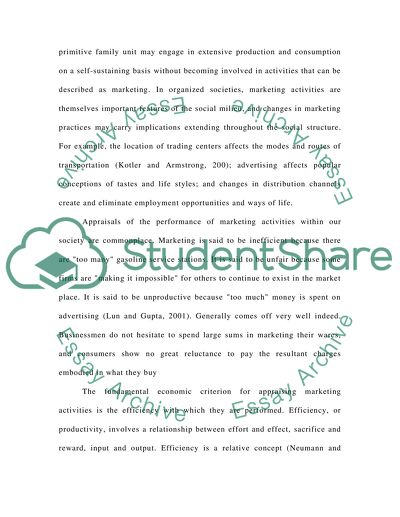Cite this document
(Marketing Ethics of Mecca Cola Essay Example | Topics and Well Written Essays - 2250 words, n.d.)
Marketing Ethics of Mecca Cola Essay Example | Topics and Well Written Essays - 2250 words. Retrieved from https://studentshare.org/marketing/1528611-marketing-ethics-of-mecca-cola
Marketing Ethics of Mecca Cola Essay Example | Topics and Well Written Essays - 2250 words. Retrieved from https://studentshare.org/marketing/1528611-marketing-ethics-of-mecca-cola
(Marketing Ethics of Mecca Cola Essay Example | Topics and Well Written Essays - 2250 Words)
Marketing Ethics of Mecca Cola Essay Example | Topics and Well Written Essays - 2250 Words. https://studentshare.org/marketing/1528611-marketing-ethics-of-mecca-cola.
Marketing Ethics of Mecca Cola Essay Example | Topics and Well Written Essays - 2250 Words. https://studentshare.org/marketing/1528611-marketing-ethics-of-mecca-cola.
“Marketing Ethics of Mecca Cola Essay Example | Topics and Well Written Essays - 2250 Words”, n.d. https://studentshare.org/marketing/1528611-marketing-ethics-of-mecca-cola.


